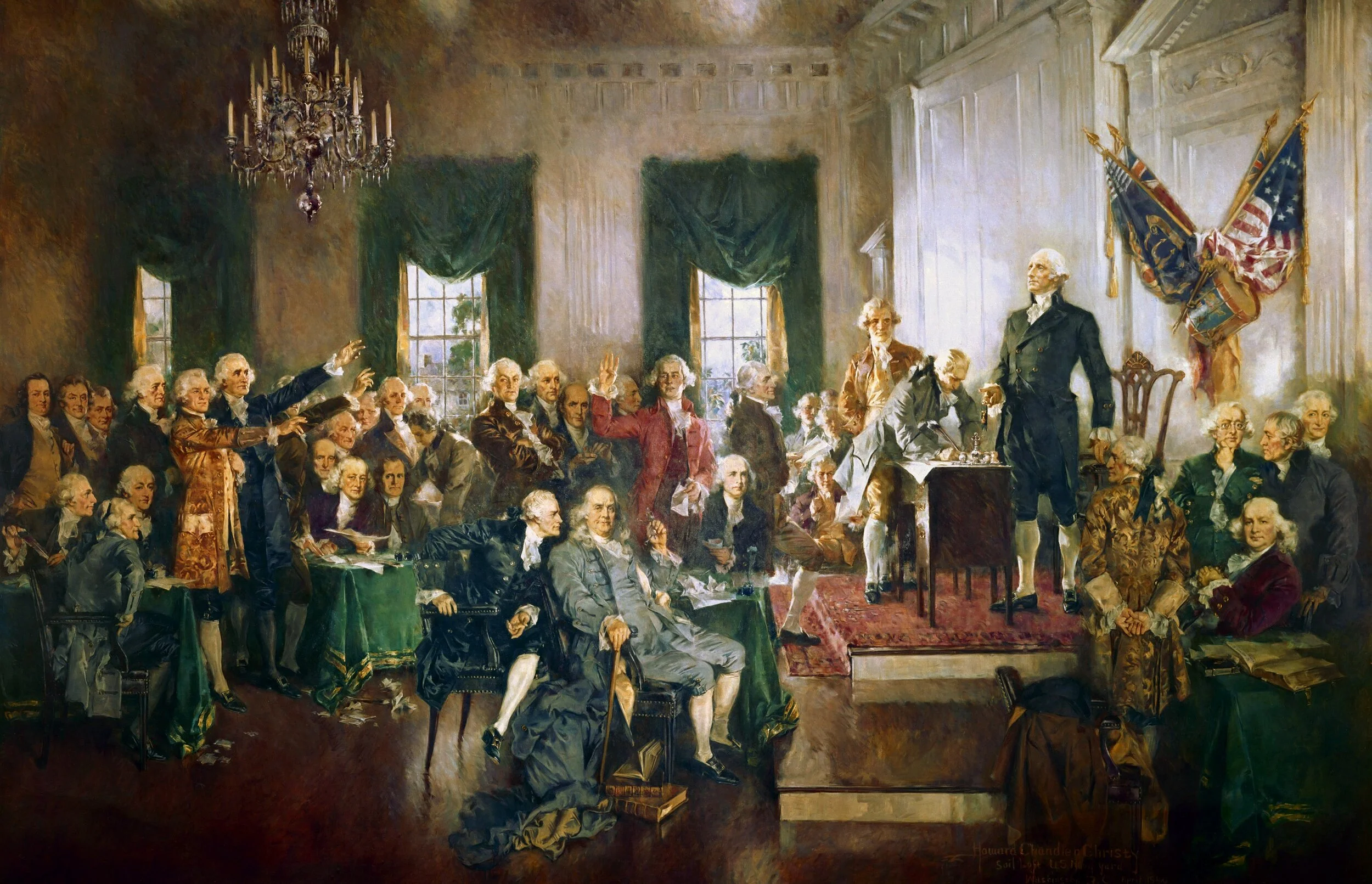Census Data Shows Who Was Right
/A while back, I wrote an essay called “Resurgence,” in which I critiqued the claims made by another writer and his selective use of data. In that other article, which had appeared in The Washington Post, Purdue University President Mitch Daniels hailed the rapid growth of economic activity in the Midwest and the relative failure of California. He made several claims that seemed to be justified by data. I argued that Daniels’ argument was weak, as the very sources he was citing showed. I wrote:
He claims that the midwestern region of the US is “resurgent” — a word that implies it was down but now is back up to some level of success. Let’s dig into it. Daniels points to population changes as proof that the midwest thrives while the east and west coasts wane.
“[T]he hemorrhage of people out of the Northeast and California is now unmistakable, and it’s less and less masked by international immigration. Net domestic migration from the Northeast now runs more than 350,000 per year; California is losing population, and likely a congressional district, for the first time in its history.”
He's right about California losing a congressional seat. He doesn’t mention that Michigan, Illinois, Ohio and possibly Minnesota (all midwestern states) are also expected to lose congressional seats. If losing a seat in Congress is an indication of California’s waning fortunes, what does it say about other states that are also losing seats?
That was all speculation based on projections of population change. But now the 2020 Census has been reported, and we now know for sure that these states will lose a congressional seat in the coming decade: California, Illinois, Michigan, New York, Ohio, Pennsylvania, and West Virginia.
Daniels made a claim that slow growth would cost California one congressional seat. He actually claimed that California’s population was declining when it wasn’t — and ignored that the populations of Illinois and West Virginia were declining faster.
The take-away here is that predictions and claims based on guesses and projections ought to be looked at when the facts become available. Predictions turn out to be right or wrong. The people making those predictions ought to get credit when they were right, and criticism when they were wrong.
In this case, the fault with Daniels’ essay was not with predictions. He said California would lose, and we now know that California will indeed lose. At the time he wrote it Daniels’ predictions were pretty safe. So, he deserves credit for getting his predictions right — though they weren’t especially bold predictions.
The faults in Daniels’ narrative, as we can see it now in light of better evidence, is the same as before. He cited only the parts of the data that supported the tale he wished to tell, and ignored the rest.








